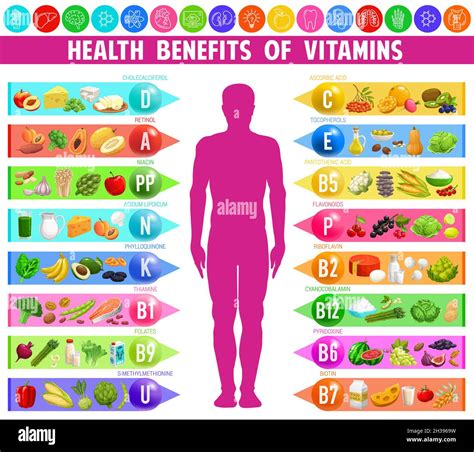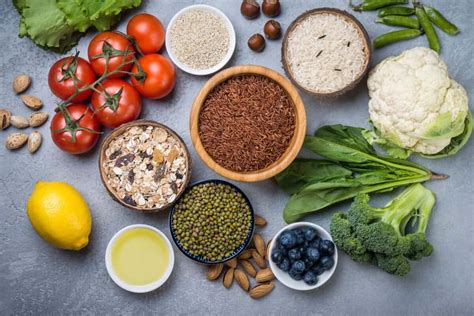Natural ways to optimize male testosterone for peak drive and vitality?

Testosterone, often called the ‘male hormone,’ plays a pivotal role in more than just libido and muscle mass. It influences energy levels, mood, cognitive function, bone density, and even red blood cell production. As men age, testosterone levels naturally decline, but various lifestyle factors can accelerate this drop, leading to symptoms like fatigue, decreased drive, weight gain, and reduced vitality. The good news is that many natural approaches can significantly help optimize your testosterone levels and reclaim your peak drive and vigor.
Understanding Testosterone’s Crucial Role
Before diving into solutions, it’s essential to appreciate how central testosterone is to male health. Optimal levels contribute to a sharper mind, a more robust immune system, better fat distribution, and a healthier heart. When levels dip below ideal, it can impact both physical and mental well-being, leading to a diminished quality of life. The goal isn’t just to reverse decline but to support the body’s natural production for sustained health.

Fuel Your Hormones: The Power of Nutrition
What you eat directly impacts your body’s ability to produce hormones. A diet rich in whole foods is fundamental for testosterone optimization. Focus on:
- Healthy Fats: Cholesterol is a precursor to testosterone. Incorporate monounsaturated and saturated fats from sources like avocados, nuts, olive oil, and organic red meat. Omega-3 fatty acids from fish like salmon are also crucial for overall hormonal health.
- Lean Protein: Adequate protein intake supports muscle synthesis and overall body function. Choose chicken, turkey, fish, eggs, and plant-based proteins.
- Complex Carbohydrates: These provide sustained energy and help regulate blood sugar, preventing insulin spikes that can negatively impact testosterone. Opt for whole grains, fruits, and vegetables.
- Micronutrients: Zinc (oysters, beef, pumpkin seeds), Vitamin D (sun exposure, fatty fish), and Magnesium (leafy greens, nuts) are especially critical for testosterone production.
Conversely, limit processed foods, excessive sugar, trans fats, and excessive alcohol, which can all disrupt hormone balance.
Move Your Body: Exercise for Endogenous Boost
Regular physical activity is one of the most potent natural testosterone boosters. However, not all exercise is created equal:
- Strength Training: Lifting weights or resistance training, especially compound movements like squats, deadlifts, bench presses, and rows, has been shown to significantly increase testosterone. Aim for 3-4 sessions per week, focusing on heavy lifts with proper form.
- High-Intensity Interval Training (HIIT): Short bursts of intense exercise followed by brief recovery periods can also effectively stimulate testosterone production.
- Avoid Overtraining: While exercise is good, excessive or prolonged endurance training can sometimes lead to a decrease in testosterone due to increased cortisol (stress hormone) levels.

Recharge Your System: The Importance of Quality Sleep
Sleep deprivation is a silent assassin for testosterone. Most of your body’s testosterone is produced during sleep, particularly during deep REM cycles. Chronic lack of sleep (less than 7-8 hours per night) can significantly lower your levels. Prioritize sleep by:
- Maintaining a consistent sleep schedule.
- Creating a cool, dark, and quiet bedroom environment.
- Avoiding screens, caffeine, and heavy meals before bed.
Master Your Mind: Stress Reduction Techniques
Chronic stress elevates cortisol, a hormone that directly inhibits testosterone production. In our fast-paced world, managing stress is crucial for hormonal health. Incorporate stress-reducing practices into your daily routine:
- Meditation and Mindfulness: Even short daily sessions can make a difference.
- Deep Breathing Exercises: Calms the nervous system.
- Yoga or Tai Chi: Combines physical movement with mental focus.
- Spending Time in Nature: Reduces stress and improves mood.
- Hobbies and Social Connection: Engage in activities you enjoy and maintain strong social bonds.

Consider Smart Supplementation (With Caution)
While diet, exercise, and lifestyle are paramount, certain natural supplements can support testosterone production, especially if you have deficiencies. Always consult a healthcare professional before starting any new supplement regimen:
- Vitamin D: If your levels are low, supplementation can be highly effective.
- Zinc: Crucial for testosterone synthesis, especially if you’re deficient.
- Magnesium: Supports free and total testosterone levels.
- Ashwagandha: An adaptogenic herb shown to reduce stress and improve testosterone in some studies.
- Fenugreek: Some research suggests it can support healthy testosterone levels and libido.

Beyond the Basics: Other Lifestyle Factors
Don’t overlook other factors that can impact your hormones:
- Limit Alcohol Consumption: Excessive alcohol can directly impact testosterone production.
- Avoid Endocrine Disruptors: Be mindful of plastics (BPA, phthalates) and certain chemicals in personal care products and pesticides that can mimic hormones and disrupt your endocrine system.
- Maintain a Healthy Weight: Obesity, especially excess belly fat, is strongly linked to lower testosterone due to increased aromatization (testosterone converting to estrogen).
Your Path to Peak Vitality
Optimizing male testosterone naturally is not a quick fix but a holistic lifestyle commitment. By consistently implementing these strategies—prioritizing a nutrient-dense diet, engaging in regular strength and HIIT training, getting adequate sleep, effectively managing stress, and being mindful of environmental factors—you can significantly improve your body’s natural ability to produce testosterone. This comprehensive approach will not only boost your drive and vitality but also enhance your overall health and well-being, helping you live a more energetic and fulfilling life.










